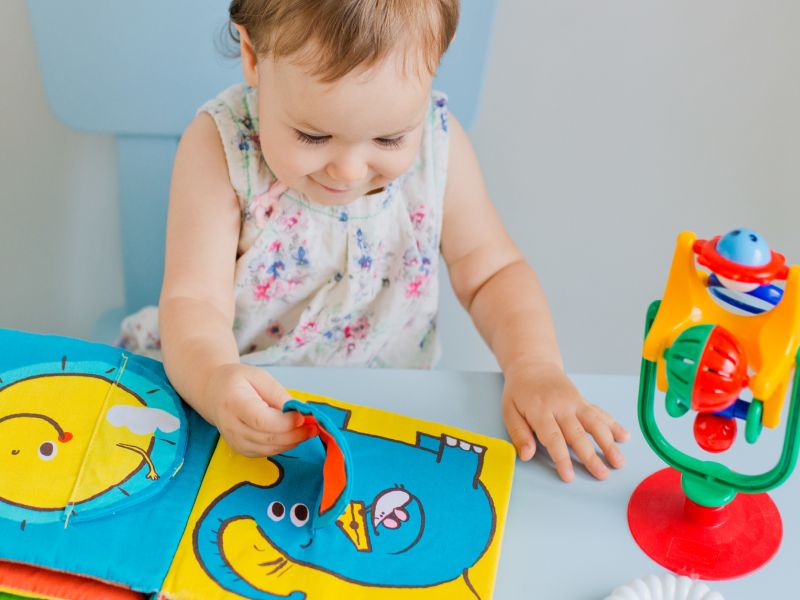Making the Most of Your Baby's First 3 Years
By Len CanterHealthDay Reporter

MONDAY, Sept. 23, 2019 (HealthDay News) -- Experts agree that the first three years of a baby's life are a unique time of fast development.
Even though a newborn seems helpless, he or she is learning every minute, absorbing information through all five senses. That's why babies will try to put everything possible in their mouths. It's a way of understanding as well as exploring.
Baby also learns from repeated experiences, so, for instance, every time you soothe him when he cries and cuddle him to show affection, he feels a sense of security and trust that assists with his emotional development.
Singing and reading to an infant has strong positive influences on baby's brain and development, even though she doesn't yet know the actual meaning of the words. It's the sound of your voice that makes the connection, so you can read aloud from a book you're reading for your own pleasure or even verbalize the directions when assembling baby's new chest of drawers.
A great online resource is Zero to Three, a non-profit organization whose mission is to ensure that babies and toddlers benefit from the early connections that are critical to their well-being. Its website offers information on all aspects of baby's development, arranged into 3- to 6-month segments from birth to 3 years. You can read about the skills and behaviors babies develop at every stage and how you can nurture them. You'll also find parenting tips and activities to strengthen the bond between you and your baby.
More information
Access Zero To Three's early childhood development resources on its website.

The news stories provided in Health News and our Health-E News Newsletter are a service of the nationally syndicated HealthDay® news and information company. Stories refer to national trends and breaking health news, and are not necessarily indicative of or always supported by our facility and providers. This information is provided for informational and educational purposes only, and is not intended to be a substitute for medical advice, diagnosis, or treatment.

